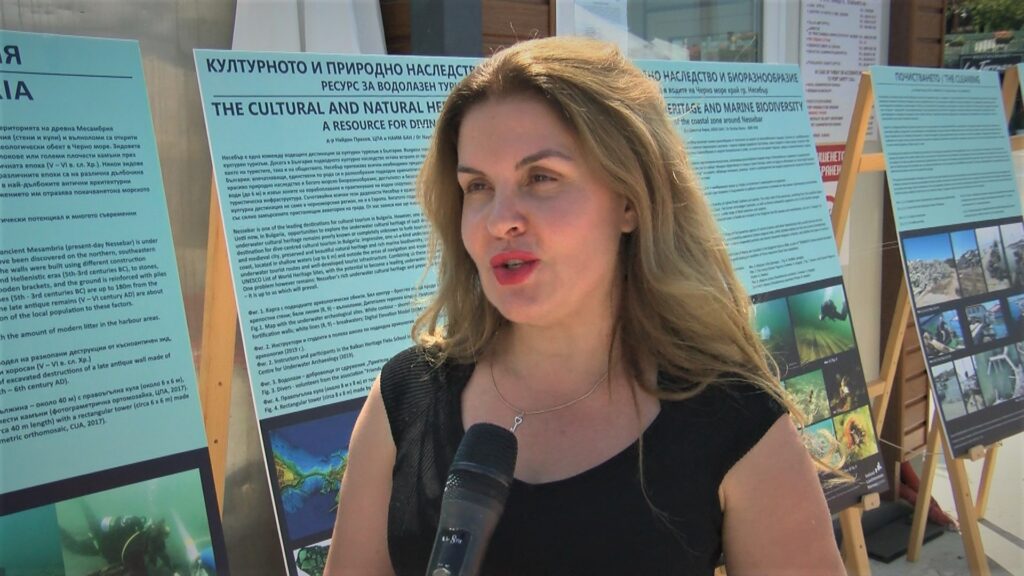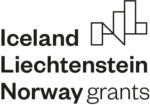The project to reduce waste in the water area of the town of Nessebar is coming to an end. The aim is to preserve the marine natural and cultural heritage as a public responsibility and a resource for local traditional livelihoods, through actions to clean the seabed and campaigns to raise the awareness of the local population.
“Today we are holding the final press conference on the project, which is being held with a special exhibition in which we have shown the identified and removed waste from the seabed. The project ends at the end of August, we also report the results, which for us are more than successful. The seabed of the North Port in Nessebar was cleaned within two diving campaigns. First, a remote survey of the seabed was done to identify the waste by type, then with diving campaigns – two in a row – all this waste was cleaned up. We removed more than 1,200-1,300 car tires from the seabed, apart from other rubbish – umbrellas, dead anchors and other waste. We consider this a serious success in our fight for a cleaner sea and a successful tourist season, said Galina Babeva, Director of the European, National Policies and Programs and Ecology Directorate at the Municipality of Nessebar
“What is interesting about this project is that a very innovative methodology was applied to document waste on the seabed. We used drones and sonars to identify and register and map all the large amounts of debris on the seabed. Everything that was visible in the regional map of the ports and subsequently these maps were used in the clean-up actions”, added Dr. Nayden Prahov – director of the “Center for Underwater Archaeology”.
“We’ve done a seabed cleanup and we’ve had over 1,200 tires, iron, tires, debris dumped over the years. There are fortress walls here, there is archeology. We strive to balance and preserve the cultural heritage”, said the mayor of Nessebar Municipality Nikolay Dimitrov.
All the removed waste has been transported to the transfer station – Nessebar, where it will be sorted and handed over for recycling.
A final press conference was held on a project to reduce waste in the water area of Nessebar

